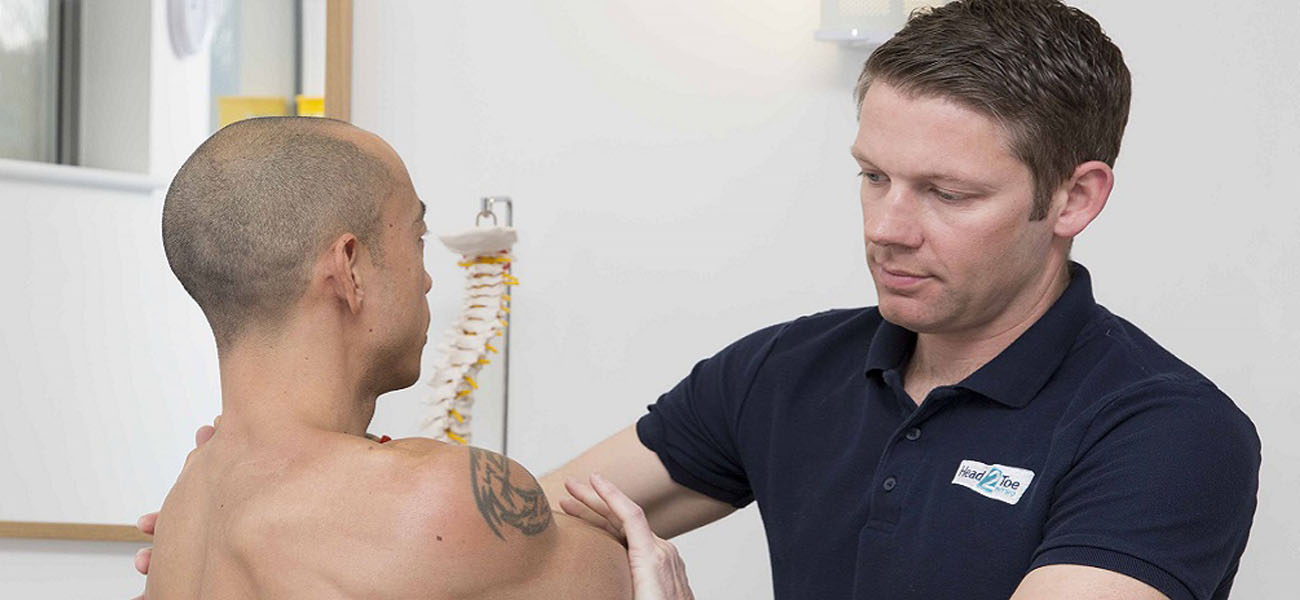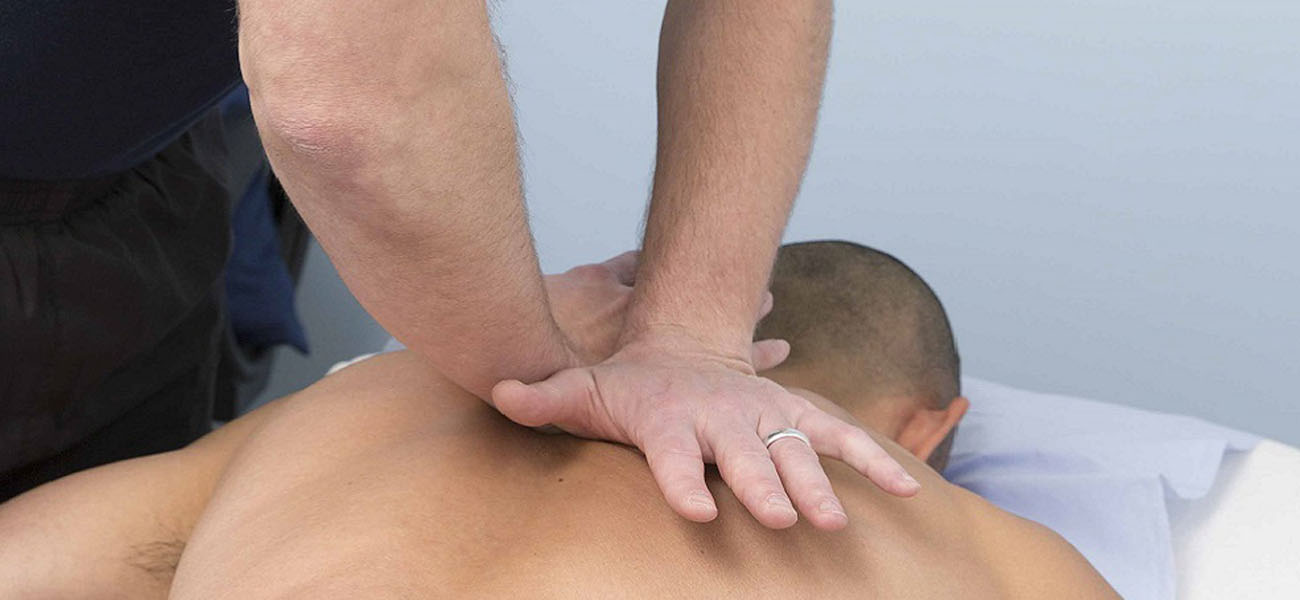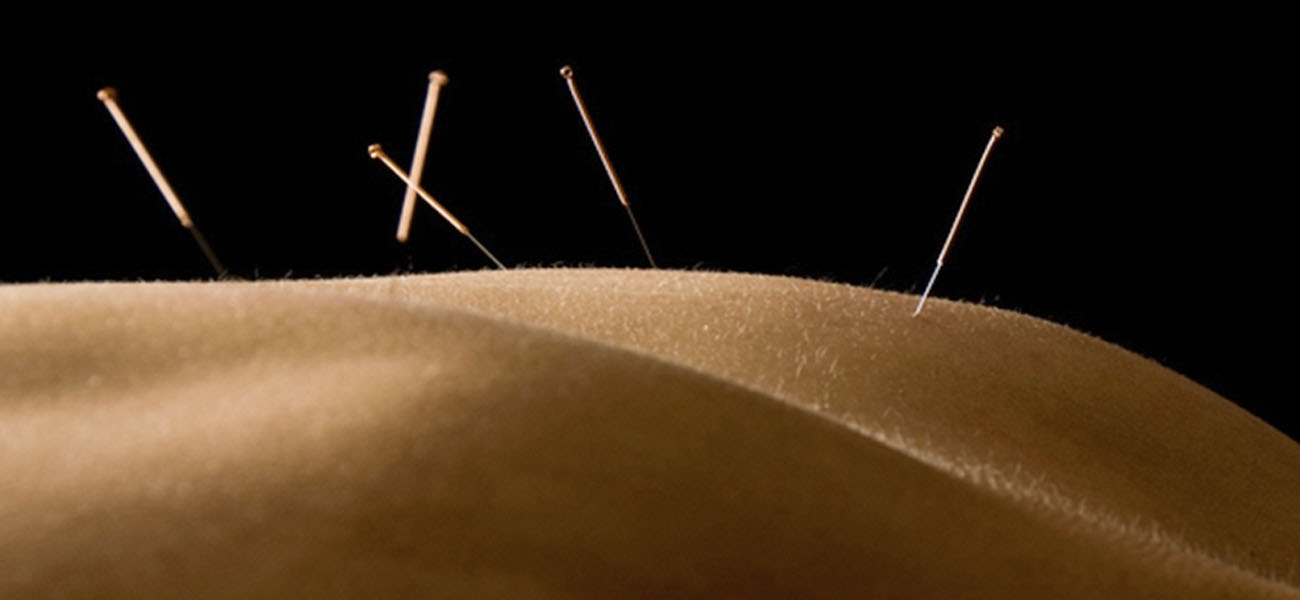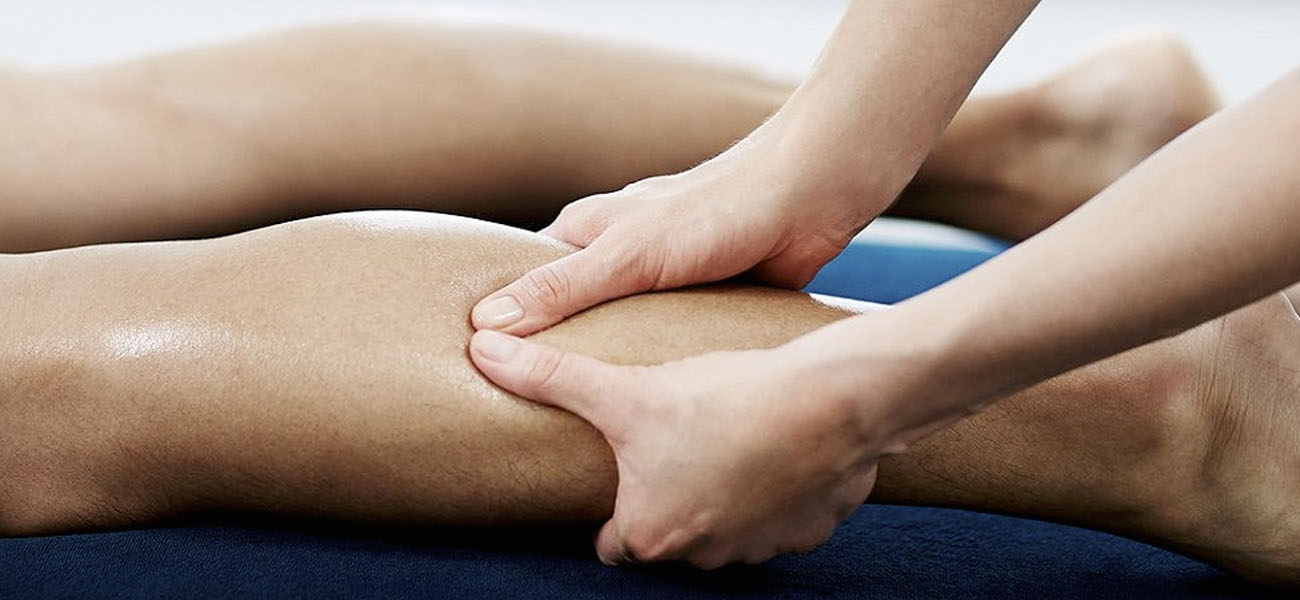Shoulder Pain
Don’t shoulder the burden alone.
Shoulder pain affects many of us. The shoulder is one of the most complex joints in the body, allowing it to achieve such complex movement patterns.
Sometimes, when things go wrong, it can lead to both disability and pain. As the shoulder is involved in most upper limb movements, shoulder pain can be hugely debilitating in daily life, such as lifting, driving, eating or even getting dressed. Get in touch with one of our specialist Physiotherapists for an assessment and treatment to speed up your recovery.
What type of shoulder pain do you have?
Pain in the shoulder can affect the front, back or side of the shoulder. It can range from a deep dull aching, to a sharp shooting pain. In some cases it can involve the neck, refer down the arm, or even be accompanied by some clicking, creaking and crunching. Here are some of the types of shoulder pain we deal with:
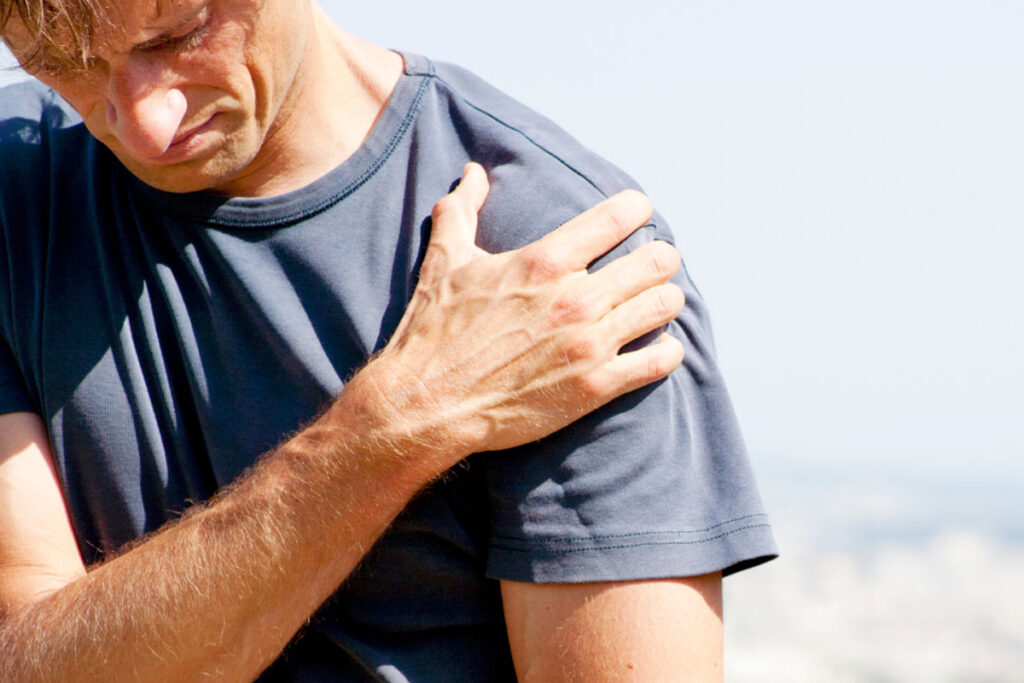
Rotator Cuff Tears
A rotator cuff tear can make it difficult to perform any overhead activities due to pain, weakness or instability. This can make it difficult to perform day to day activities such as washing and dressing or playing sports.

Osteoarthritis
Osteoarthritis is the most common form of arthritis and can result in severe pain, especially in the shoulder. This occurs when the cartilage (connective tissue that protects our joints) begins to breakdown.
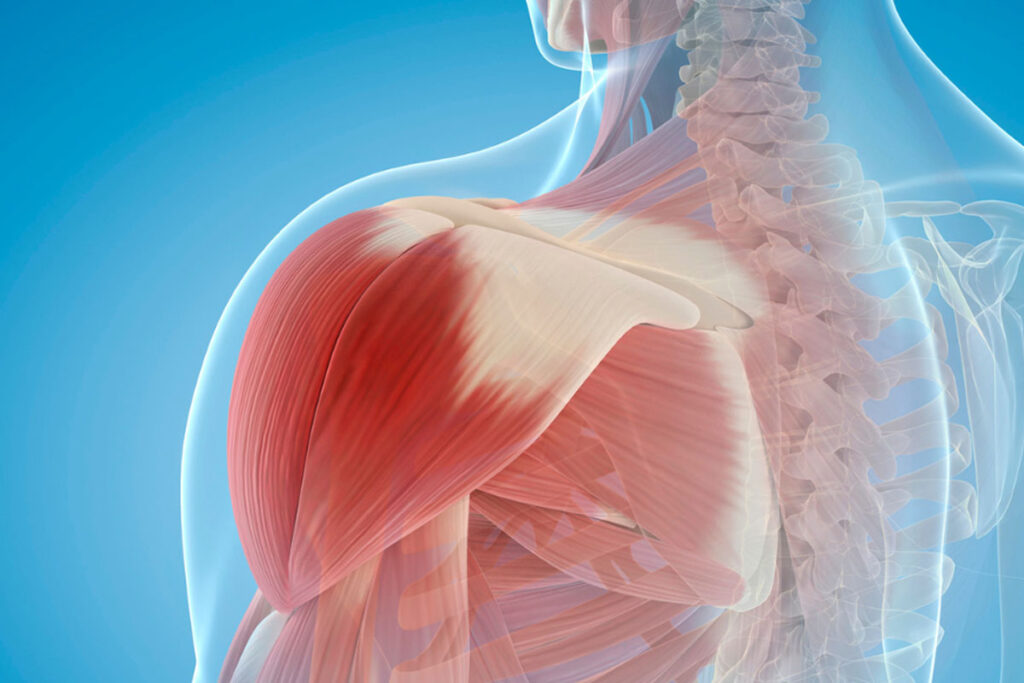
Frozen Shoulder
Frozen shoulder can cause pain and stiffness in your shoulder, potentially, significantly decreasing your range of motion.
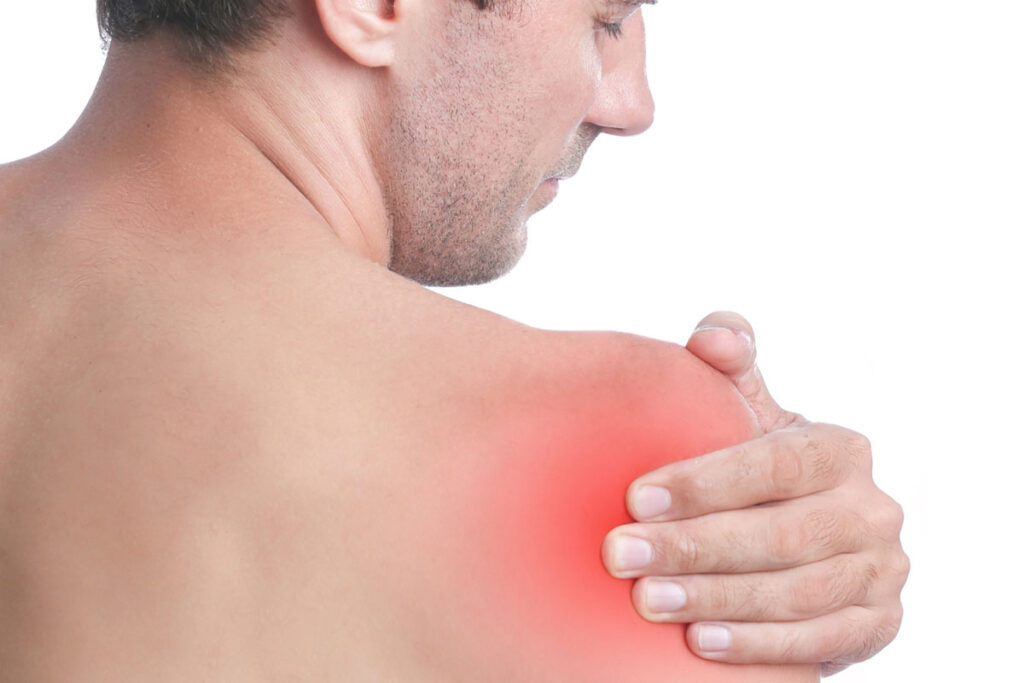
Shoulder Bursitis
Bursitis is inflammation to the bursa, sometimes caused by compression, with the most common place occurring under the acromial arch of the Scapula. A bursa is a fluid filled sack that lies between bone and soft tissue to prevent friction.
Treatments we recommend for shoulder pain
Our great team of Physiotherapists can help assess your shoulder pain and find out what’s actually going on. We’ll then help put a plan together, of how best to try and get you back on the right track. Different problems have different solutions, and we may suggest a combination of different treatment approaches to help your condition.
Physiotherapy
Physiotherapy is a healthcare profession concerned with improving human [...]
Manual Therapy
Manual Therapy, Mobilisation and Manipulation. A hands on clinical [...]
Acupuncture
What problems can acupuncture help? Arthritis and rheumatism Back [...]
Sports Massage and Remedial Massage
Sports Massage and Remedial Massage ‘Sports massage is [...]
Our frequently asked questions about neck pain?
Shoulder pain can be caused by a variety of factors, including rotator cuff injuries, impingements, bursitis, frozen shoulder, and arthritis. At Head2Toe Physio, we see a range of shoulder patients, including patients who can’t serve at tennis because of rotator cuff pain, can’t get their jumper on because of a frozen shoulder, or who’ve broken their clavicle mountain biking on Leith Hill!
At Head2Toe Physio, our physiotherapists will perform a thorough assessment. They will take a medical history and listen to what your problem is, how long it’s been there and what makes it better and worse. They’ll perform a physical examination.
For sporting patients, they might examine any videos or pictures of your sporting technique. For those with pain on running, they will likely watch you running to see if anything in your gait pattern might be contributing to your pain.
For those with diagnostic imaging (such as X-rays or MRIs), we will go through your scan reports with you and try to determine the underlying cause of your shoulder pain.
Our Head2Toe Physios have a range of treatment options for shoulder pain may include manual therapy, exercise therapy, electrotherapy, education on posture and ergonomics, and modalities such as ultrasound or TENS. We will develop a personalized treatment plan based on your specific needs and goals.
At Head2Toe Physio we see lots of patients who are understandably keen to avoid surgery. They’re often sent by local doctors and consultants who think that surgery should be avoided at this particular time.
In many cases, physiotherapy can be effective in reducing pain, improving function, and delaying or avoiding the need for surgery. Our goal is to help you regain mobility and improve your quality of life without the need for invasive procedures.
It depends on the cause and severity of your shoulder pain. Our physiotherapists will work with you to develop an exercise plan that is safe and appropriate for your specific condition, and can help you maintain your fitness while you recover.
At Head2Toe Physio our physiotherapists will provide education and guidance on techniques to prevent shoulder pain from recurring, such as maintaining good posture, using proper body mechanics, and staying active. We may also provide exercises to strengthen the muscles supporting the shoulder joint and improve flexibility.
You’ll be pleased to hear that you can get your shoulder pain treated at any of our 3 clinics in Surrey and West Sussex.
At Dorking and Leatherhead, our clinics are based in sports centres with fantastic access to gym facilities and ample room to get you back up to full fitness. At Crawley, we have a modern physio clinic with our own rehab studio, all set to return you to your chosen sport as quickly and effectively as possible.

